Trails
Connections and themes across books
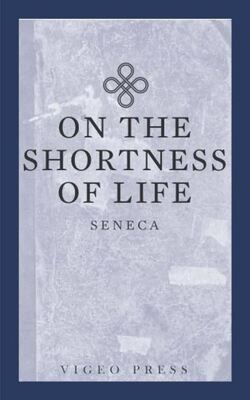
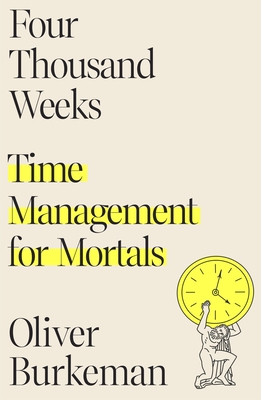
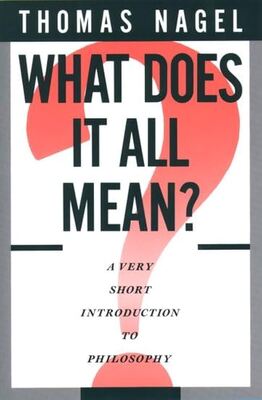
waste of life
qualified unhappiness
constant striving
mystery of existence
illusion of freedom


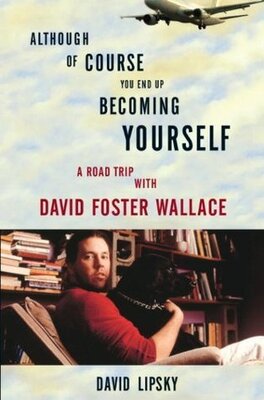
Finite time
Ultimate way
Rat race



Time and life separation
Overwhelmed by choices
Tradition breakdown
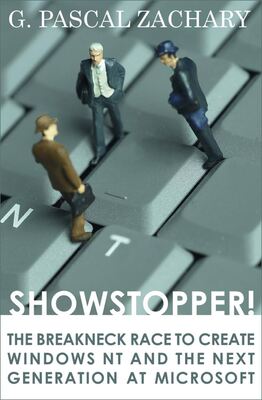


inner hush
spiritual crisis
work hollow



fear acceptance
internal clenching
emotional aloofness

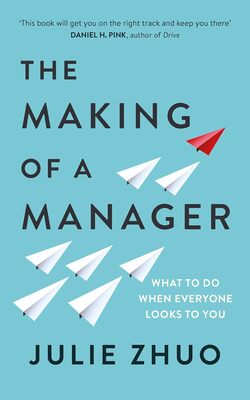
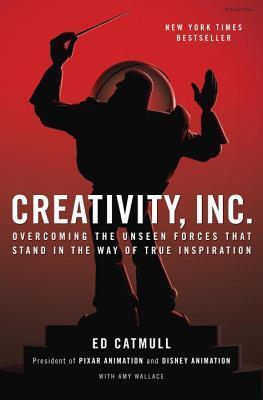
Efficiency trap
Neglect right things
Collective outcome